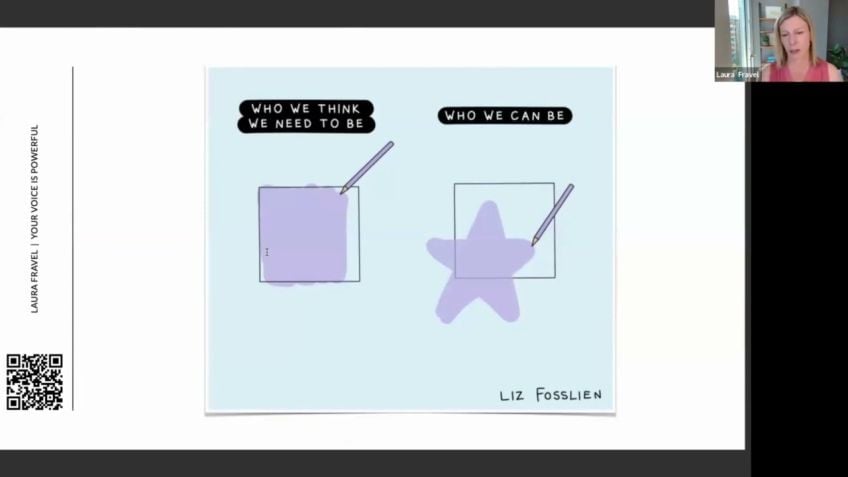- Career Path
- Documentary Television
Documentary Television
What is Documentary Television?
Documentary Television is a dynamic and exciting field within the media industry that offers a variety of opportunities for individuals who are passionate about storytelling and uncovering the truth. Working in Documentary Television involves creating non-fiction television programs that strive to inform, educate, and entertain audiences through the exploration of real-life stories, cultures, and experiences.
Career Opportunities in Documentary Television
In the realm of Documentary Television, there are numerous career paths available to those interested in pursuing a career in this field. From directors, producers, researchers, and writers to videographers, editors, and sound engineers, there are diverse and multifaceted roles that contribute to the production of compelling and thought-provoking documentaries.
Skills Required for Documentary Television
To excel in Documentary Television, individuals should possess a blend of technical expertise and creative flair. Key skills include storytelling abilities, research and investigative skills, strong communication and interpersonal skills, proficiency in video production and editing tools, as well as a deep understanding of visual storytelling techniques. Additionally, having a strong grasp of ethical and legal considerations in documentary production is crucial for ensuring the accuracy and integrity of the content created.
Foundation and Training for Documentary Television Careers
A foundation in media studies, journalism, communications, film production, or related fields can provide a solid educational background for pursuing a career in Documentary Television. Additionally, gaining hands-on experience through internships, workshops, and mentorship programs can further enhance one's skill set and understanding of the industry. Staying updated on the latest technological advancements and trends in the field of documentary production is also essential for aspiring professionals in this industry.

